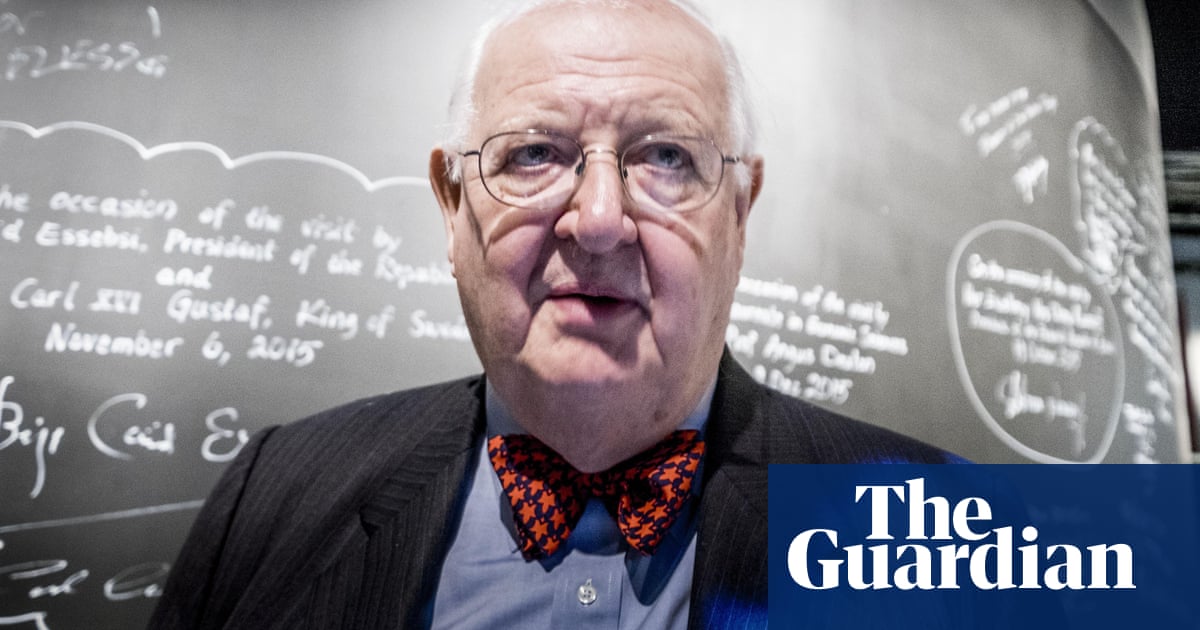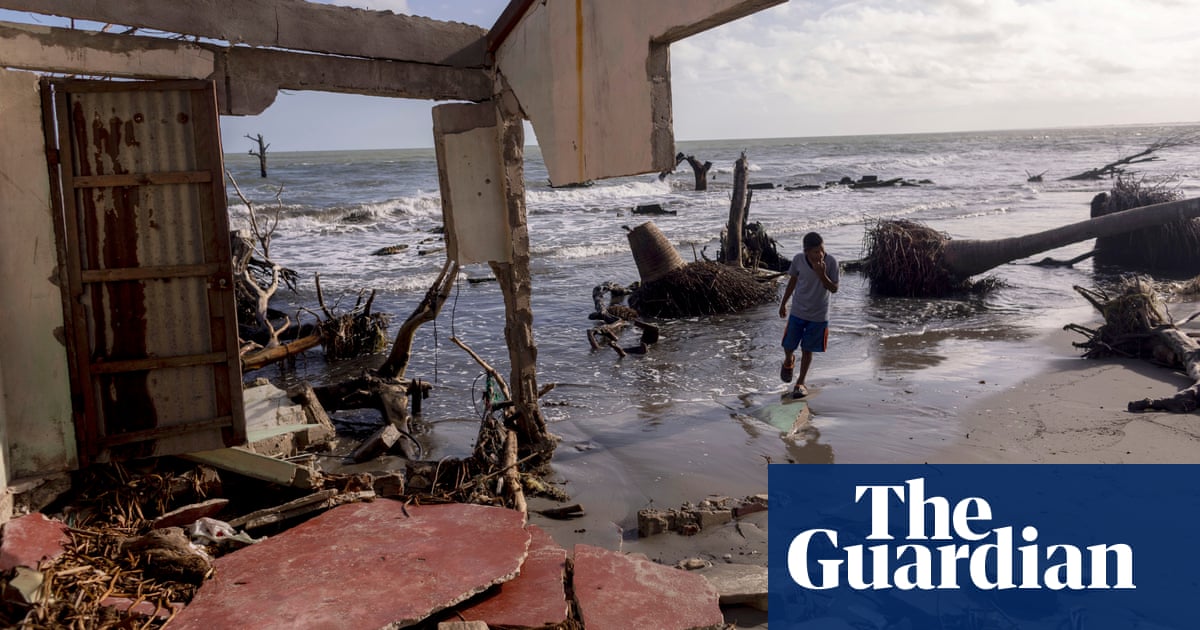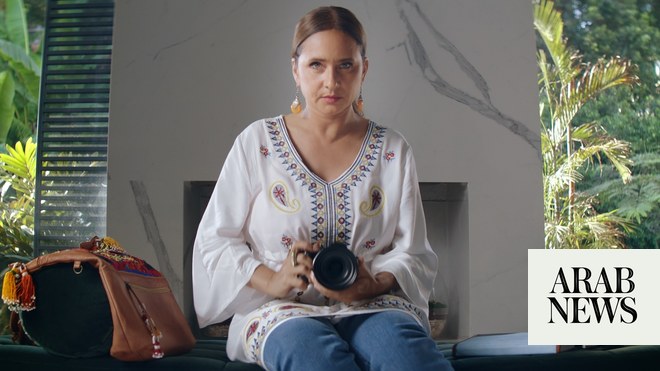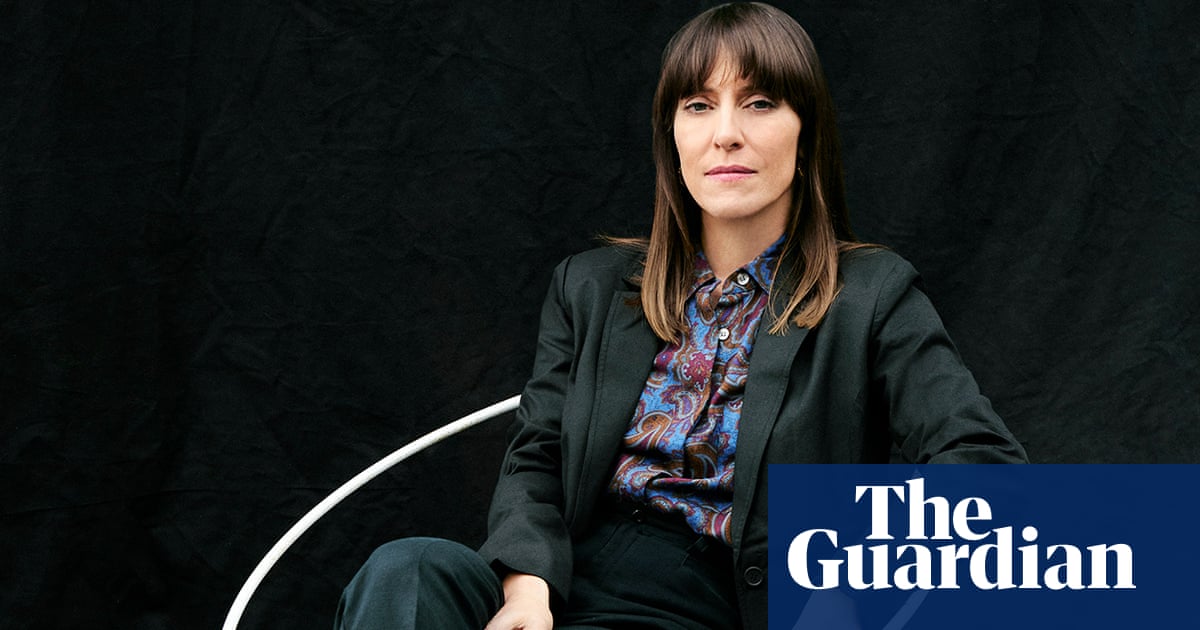
The old adage that women have to work twice as hard for half the recognition clearly applies to war correspondent Arizh Mukhammed.
Working as a Sky News reporter based in Moscow, she has the demanding role of reporting from the frontlines of the Russia-Ukraine war.
The half-Russian, half-Syrian speaks three languages and holds a doctorate in pharmacology but describes her current role as one of the most challenging and rewarding of her life.
“Reporting about the war is an extraordinary, unpredictable event; I was shocked when it began, and I was the only one on the team who spoke Russian,” she said in an interview on the sidelines of the Arab Women’s Forum in Dubai.
“I hate wars and conflicts. I struggled in the areas controlled by Russian forces and was not allowed on the Ukrainian side. Like any human being, I had fears and wondered if what I was doing was useful and balanced. At the same time, it’s a new step in my career, and I have to move forward and rely on my skills. I had to find courage.”
Often, Mukhammed has time to do a single take with no room for error.
“I have to accurately portray the facts with no option of redoing a shot,” she said. “And I dislike the word ‘truth’ because each side has their version of ‘truth.’ It’s not a reporter’s job to provide analysis. My job is to report the facts on the ground, be neutral, and not express an opinion about one side being right and another wrong. War is complex.”
Mukhammed spoke on a panel alongside other esteemed war reporters at the Arab Women’s Forum, including Alhadath senior news anchor Christiane Baissary, about the trials and rewards of the job. Having other female role models helped them carve their path.
Read More: Arab Women Forum kicks off in Dubai
“I came to journalism from another field, but honestly, Shireen Abu Akleh is the one I knew from my childhood from her Al Jazeera days,” she said.
Akleh was a world-renowned journalist. Press circles across the world mourned her death.
“Nobody in the Arab World doesn’t know her. She was famous for her coverage in danger zones and for getting out. So, when I heard the sad news, everyone I knew, even friends and family not related to journalism, was deeply affected. She had a magnetic charisma. I like her language, her voice. I am so sad to lose an idol.”
While pursuing her doctorate in Moscow, Mukhammed yearned for the Arabic language and wanted to work in a field where she could better utilize her bilingual skills. She soon landed a career in media, translating between Russian and Arabic. She joined Sky News when they opened their Moscow Bureau.
“I prefer not to categorize myself as a war reporter. I am prepared to report on politics and business wherever the story carries me,” she said. “My advice to a young female reporter is to educate herself, always look at two sides of a story and assess if you are objective enough to report on a story.”












